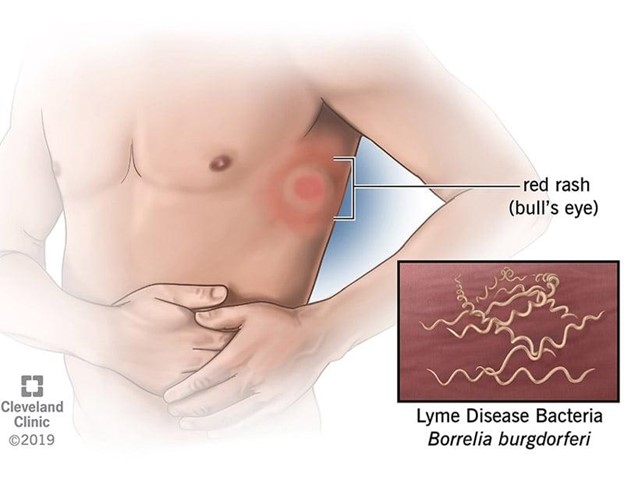When evaluating a client how to administer insulin, which action indicates that additional teaching is necessary?
Checks blood sugar then eats breakfast prior to injecting insulin.
Rotates sites from arms, legs, and abdomen.
Ensures the use of insulin syringe with units.
Activates the safety lock on the syringe before disposing in a sharps container.
The Correct Answer is A
Choice A Reason: Checking blood sugar then eating breakfast prior to injecting insulin indicates that additional teaching is necessary, as it may cause hyperglycemia or hypoglycemia depending on the type and timing of insulin. The client should inject insulin before eating breakfast according to their blood sugar level and carbohydrate intake.
Choice B Reason: Rotating sites from arms, legs, and abdomen indicates that no additional teaching is necessary, as it helps to prevent lipodystrophy and ensure consistent absorption of insulin.
Choice C Reason: Ensuring the use of insulin syringe with units indicates that no additional teaching is necessary, as it helps to prevent dosing errors and ensure accurate administration of insulin.
Choice D Reason: Activating the safety lock on the syringe before disposing in a sharps container indicates that no additional teaching is necessary, as it helps to prevent needlestick injuries and infection transmission.
Nursing Test Bank
Naxlex Comprehensive Predictor Exams
Related Questions
Correct Answer is B
Explanation
Choice A Reason: Swollen, painful joints are not a sign of Lyme disease in the early stage, but they may occur in the late stage, which can take months or years to develop.
Choice B Reason: An expanding circular rash, also known as erythema migrans, is a sign of Lyme disease in the early stage, which usually appears within 3 to 30 days after the tick bite. The rash may have a bull's-eye appearance and can spread up to 12 inches in diameter.
Choice C Reason: Decreased level of consciousness is not a sign of Lyme disease, but it may indicate other serious conditions such as meningitis, encephalitis, or stroke.
Choice D Reason: Necrosis at the site of the bite is not a sign of Lyme disease, but it may indicate a brown recluse spider bite, which can cause tissue damage and ulceration.

Correct Answer is C
Explanation
The correct answer is: C. Provide the client with an antiemetic 2 hours prior to the chemotherapy.
Choice A reason:
Instructing the client to restrict food intake prior to treatment is not the best approach. While it might reduce nausea temporarily, it can lead to weakness and nutritional deficiencies. Chemotherapy patients need adequate nutrition to maintain their strength and immune function.
Choice B reason:
Encouraging the client to drink a carbonated beverage 1 hour before meals can sometimes help with mild nausea, but it is not as effective as antiemetic medications. Carbonated beverages may provide temporary relief but do not address the underlying cause of chemotherapy-induced nausea.
Choice C reason:
Providing the client with an antiemetic 2 hours prior to chemotherapy is the most effective action. Antiemetics are specifically designed to prevent nausea and vomiting associated with chemotherapy. Administering them before treatment helps to manage symptoms proactively, improving the client's comfort and ability to tolerate chemotherapy.
Choice D reason:
Advising the client to lie down after meals is not recommended as it can worsen nausea and increase the risk of gastroesophageal reflux. It is generally better for clients to remain upright for a period after eating to aid digestion and reduce nausea.
Whether you are a student looking to ace your exams or a practicing nurse seeking to enhance your expertise , our nursing education contents will empower you with the confidence and competence to make a difference in the lives of patients and become a respected leader in the healthcare field.
Visit Naxlex, invest in your future and unlock endless possibilities with our unparalleled nursing education contents today
Report Wrong Answer on the Current Question
Do you disagree with the answer? If yes, what is your expected answer? Explain.
Kindly be descriptive with the issue you are facing.
